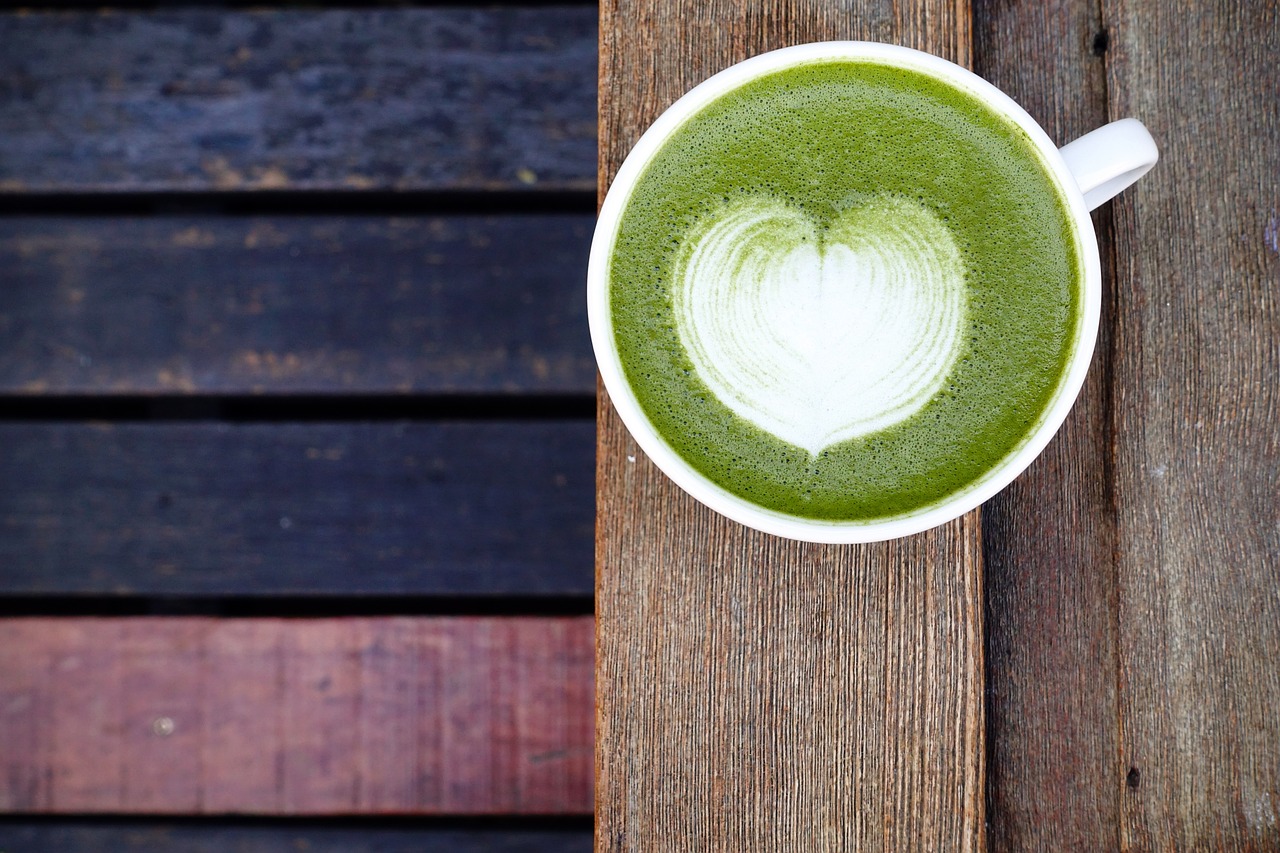Strategies for Lowering Blood Sugar Naturally
Scientists have found that the human body is able to develop non insulin-resistant cells. According to the literature it is possible to improve diabetes with food supplements, natural remedies, healthy diet and exercise.
For optimum health, we must maintain our blood sugar at a constant level and keep insulin low. In fact, studies on centenarians have found among the common characteristics: relatively low blood sugar, low triglycerides and low insulin levels.
Let’s take a look at the following medical facts:
– Excessive weight and metabolism problems: Insulin is a storage hormone, which signals to fat cells to store nutrients and glucose. The more a body cell is exposed to insulin, the more insulin resistant it gets (it is harder for glucose to be transported into cells and the insulin remains high). Consumption of sugar and other concentrated forms of carbs results in increased blood sugar and increased insulin response (the classic symptom of type 2 Diabetes). As a result of high insulin levels the body cannot access and use fat as a source of energy and fat burning stops. Liver cells become affected and the metabolism slows down (as the work of the hormones produced by the thyroid gland – T4 and T3 – gets impaired).
– High blood sugar levels suppresses the immune system – Vitamin C, which helps white blood cells to destroy bacteria and viruses needs insulin in order to be taken up into the white blood cells; when blood sugar levels are high vitamin C competes with glucose for insulin and as a result the ability of white blood cells to destroy viruses is damaged.
– Heart disease risk – High insulin levels reduce the production of Nitric oxide (responsible for dilating blood vessels) in the inner lining of blood vessels. As a result blood vessels become restricted. In addition, if insulin resistance is present, Magnesium (works for muscle relaxation) can’t be absorbed by cells and is lost in the urine. These factors result in further blood vessel constriction and increases heart disease risk.
– Damaged body cells: Excess sugar in blood reacts with body proteins, producing glycated (oxidized or damaged proteins). Those glycated proteins are extremely difficult to turn over and they get accumulated in the body and may transform into harmful free radicals. As white blood cells try to pull them out of the body, an inflammatory reaction sets up. This often leads to arthritis and aches.
– Suppressed growth hormone: chronically elevated insulin suppresses growth hormone release, which is one of the body’s most powerful anti-aging hormones.
Strategies for lowering high blood sugar levels:
According to the specialists from the Virginia Mason Medical Center, the range of normal blood sugar level is between 80 and 120 mg/dl, ideally in the low to mid 100s. People with Diabetes , or people at risk for becoming diabetic may find the following tips for lowering blood sugar levels helpful (Of course, it is important to monitor sugar levels so as not to become hypoglycemic):
Exercising and weight reduction: This is one of the best ways to lower blood sugar levels especially for type 2 diabetics. Exercise helps in weight reduction, requiring less intake of insulin, which is helpful in the long run. Furthermore, there are also short-term benefits – exercise lowers blood sugar levels within minutes. When performing movements, muscles take up glucose 20 times faster and in the same time strength training builds up muscle mass (the more muscle we have, the more glucose is burned). A study found that 16 weeks of strength training improves blood sugar levels equally well as taking diabetes medication. Patients with Diabetes report that when their blood sugars rise, a brisk walk of 20-30 minutes is enough to lower it up to 40 points. However, the physicians warn that if blood sugar levels are above 250 mg/dl it is necessary to check the ketone levels in the urine first. If they are evident, do not exercise. This means that the body burns fat for energy instead of glucose.
Foods and drinks: Have 5 or 6 small meals day, every 2-3 hours. This will keep the body constantly supplied, reduce hunger and will maintain a positive Nitrogen balance (the buildup of body tissue). Eating 5 or 6 small meals a day is effective, because small snacks don’t affect the blood glucose level and in turn, insulin levels, as dramatically as 3 larger meals do. When there is a constant supply of glucose to the brain the feeling of hunger will be reduced and the energy levels will be sustained, with no fluctuations in blood glucose. Eating frequently teaches the body to use energy digesting food, instead of converting carbs into fats, and boosts the metabolism.
Low glycemic diet, rich in fiber: Carbohydrates are the worst enemy for diabetics. Thus, it is recommended that a low glycemic diet should be followed. Consumption of foods with low glycemic index (55 or less) helps in maintaining stable sugar blood indexes. In addition, eating high fiber foods also reduces blood sugars. They satiate faster, so we eat less, and our blood sugar levels remain lower. Fiber slows down the absorption of glucose making the blood sugar levels more consistent. In comparison, refined foods are processed more easily: Blood sugars raise, and in response more insulin is created. When our insulin surges, we store the excess energy, instead of burning it. When the increased insulin uses too much blood sugar, our blood sugar level drops and we become hungry and tired; we tend to reduce it with a sugar-laden food and a vicious circle begins.
Drink red wine and tea: Researchers from Massachusetts have found that red wine slows the absorption of food in the intestine, consequently leading to lower blood sugars. The researchers explain that the effect of lowering is due to an antioxidant in red wines called polyphenolics. We can also drink white wine, but it contains ten times less polyphenolics than the red wine. For coffee and tea lovers, the good news is that when consumed regularly, those beverages reduce the risk of developing diabetes. Statistics show that drinking tea can improve insulin sensitivity up to 15 times. The researches have shown that the black tea has the biggest impact on lowering blood sugars. It is highly recommended not to add milk to teas or coffees, as it disarms the chemicals that lower blood sugars. (Be careful with caffeine dosage – it shouldn’t exceed 300 mg daily. Read also: The evils of caffeine)
Supplements that help human’s body develop new, non-resistant to insulin cells include:
– Glucose disposal agents(GDAs) – natural compounds that assist insulin in its function. For example, Chromium and Vanadium – they help our body to regulate blood sugar properly. Chromium and Zinc help our cells absorb more effectively insulin, while Vandium takes the role of insulin and distributes sugars that create energy for our cells. There are also two vitamins – C and E that help our body convert sugar intake into energy and improve the response of our cells to insulin.
– Fish oil supplements, or Omega-3 fatty acid – since all of our cells membranes are made of fats, the quality of fats we consume determines the quality of cell membranes. Omega-3 makes cell membranes more fluid, which lets them transport nutrients and export wastes easily. This improves insulin sensitivity.
– Melatonin– Melatonin levels appear to control the body clock which, in turn, regulates the secretion of substances that modify blood pressure, hormone levels, insulin secretion and many other processes throughout the body. It is essential for our good sleep and mood, also known as “one of the hormones of happiness”.
– Protein – It is also very important to preplan our daily diet plan so that it contains fewer carbohydrates and more protein when curing Diabetes. Protein is essential for repairing our cells.
– Herbs and plants: Juniper berries, Golden seal, Garlic, Bugleweed, Holy basil, Chickweed, Aloe vera, Ginseng, Bitter Melon, Cinnamon, Fenugreek and Gymnema sylvestre (main compounds of BCN’s GI Factor), Prickley pear cactus, etc.
Avoid stress, relax and sleep well. Exercising, eating right, and – it turns out – relaxing, do wonders to lower our blood sugar. Stressful situations prepares the body for an attack (read also : How to live stresslessly) and as a result launches hormones such as adrenaline. The cumulative effect of these hormones is a flood of stored energy (fat and glucose) into the bloodstream, which raises blood sugar levels and blood pressure. Thus, instead of getting into the trap of anxiety, have a cup of chamomile tea, or take a relaxing walk and breathe deeply. Recognize the stress triggers and limit them or lessen your response to them. While I was a student, one of my favorite professors in Psychology said “Diabetes is one of the diseases, provoked by the lack of faith in happiness“. So, if you are experiencing emotional or physical stress, you could benefit from long term relaxation techniques, controlled breathing, meditation, psychological therapy, buying a new pet, riding a horse, etc. The important thing is to find a healthy stress-buster that works for you.
Also, make sure that you are sleeping well. Studies of both the duration and quality of sleep have shown that body’s ability to regulate insulin production can be thrown off by shorter-than –ideal or interrupted sleep. The pancreas produces insulin at different periods during a 24-hour circle. When we are experiencing frequent awakenings, or we wake up 3 or more hours before normal, the pancreas does not produce insulin at its normal daytime and nighttime amounts.
The Author:
Content writer for anotherway.org
Photo Credit: pixbox77
Source: Ab








